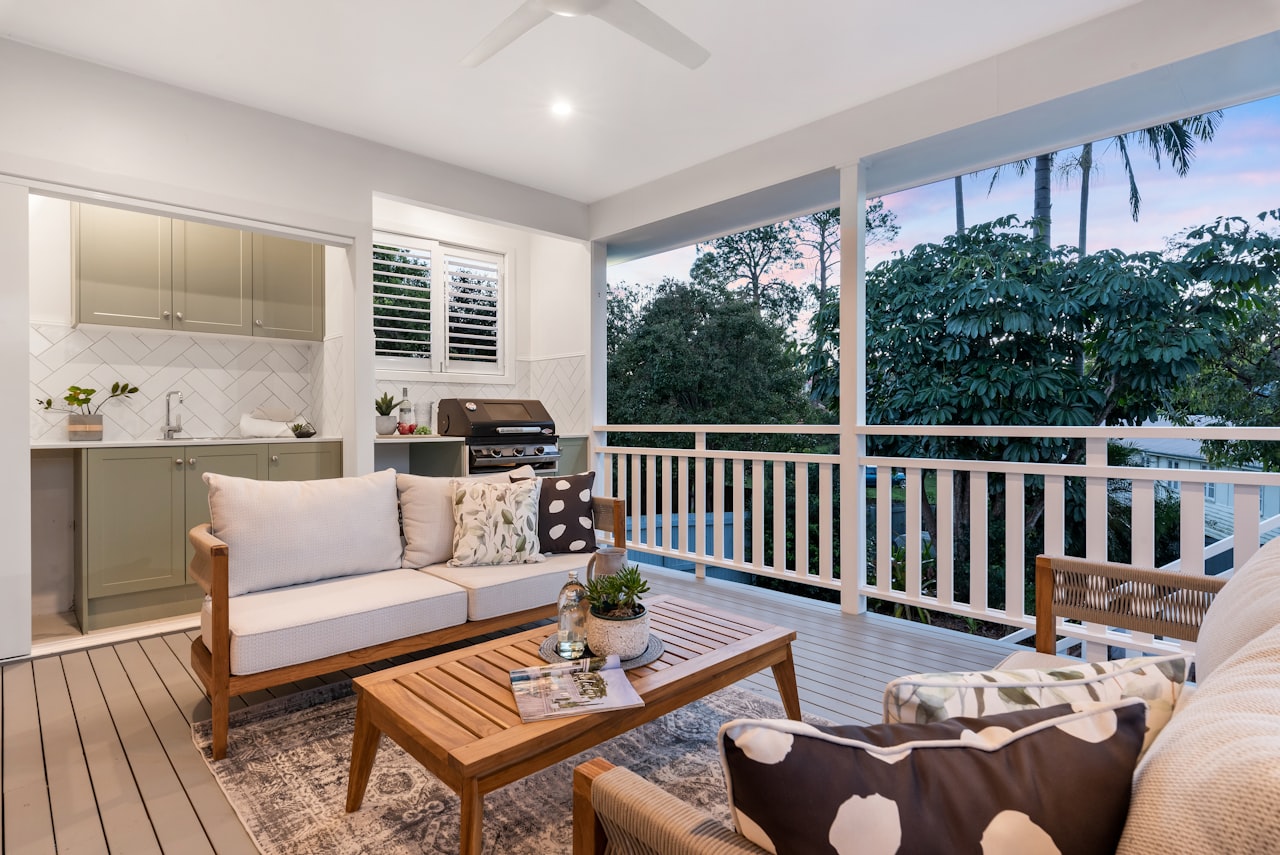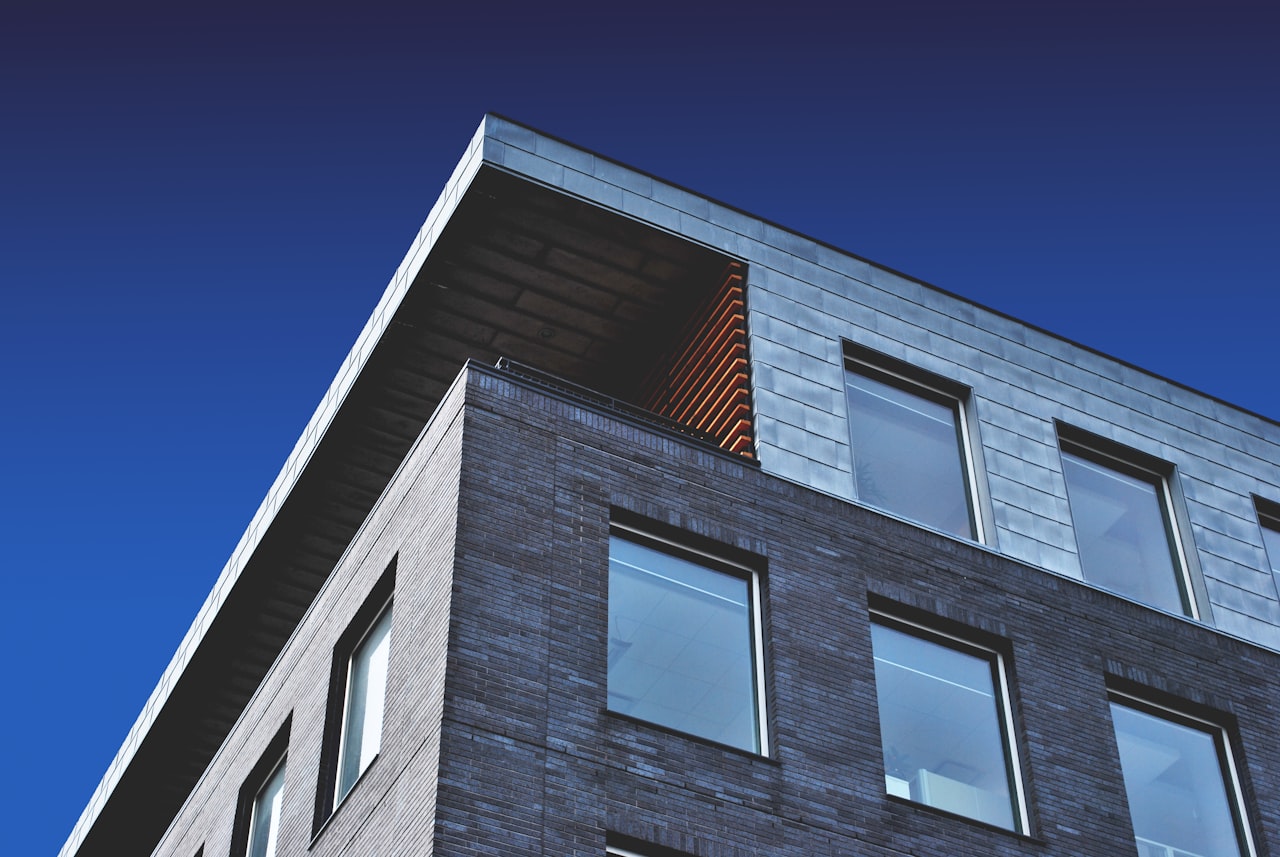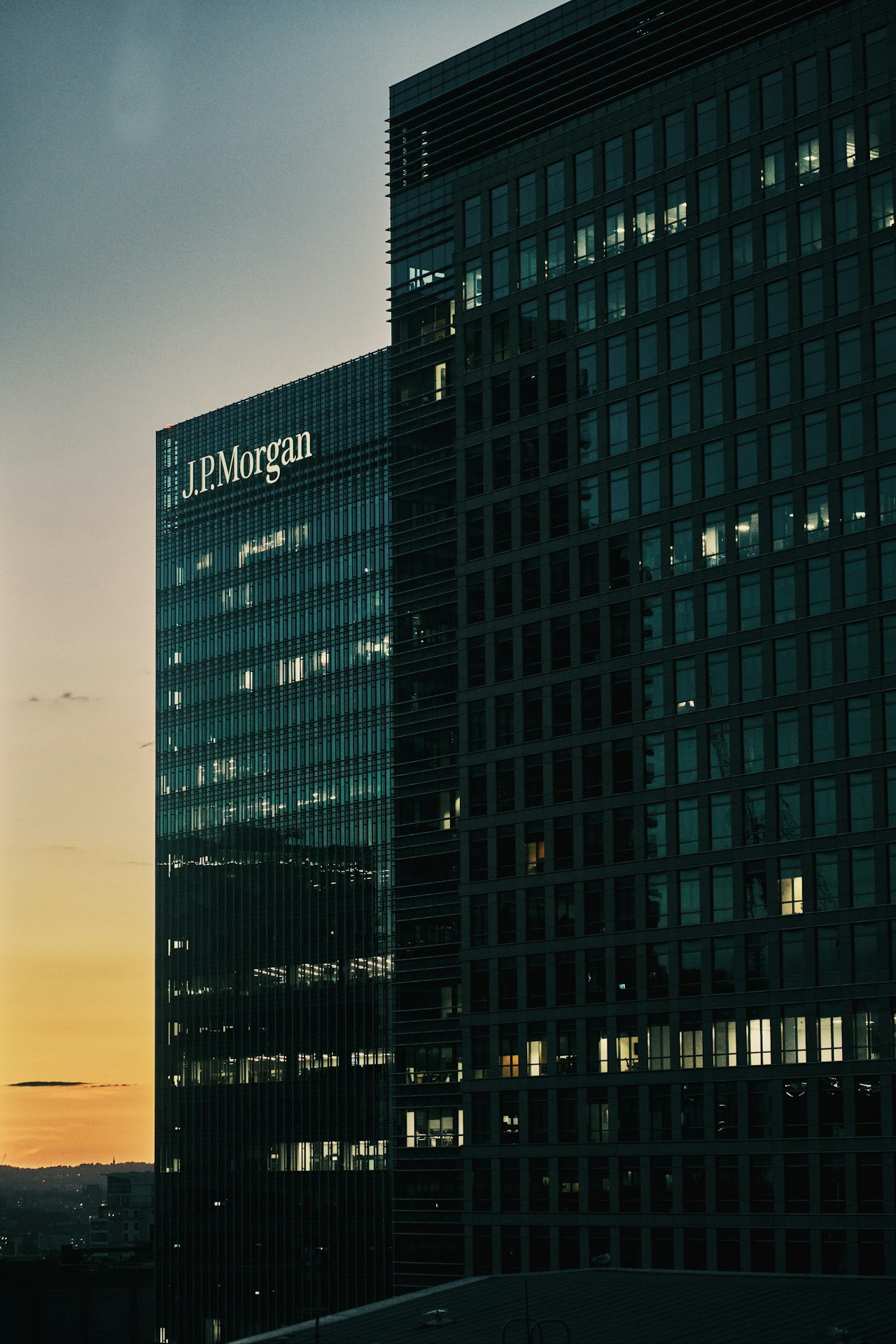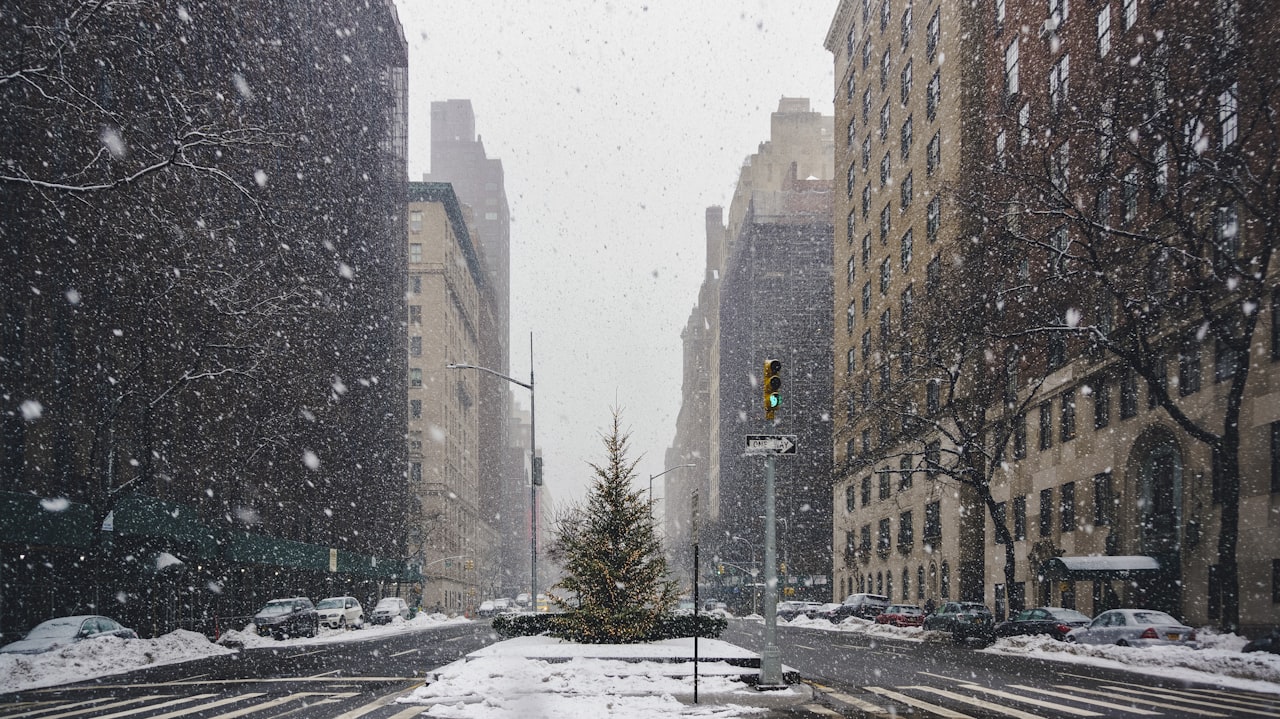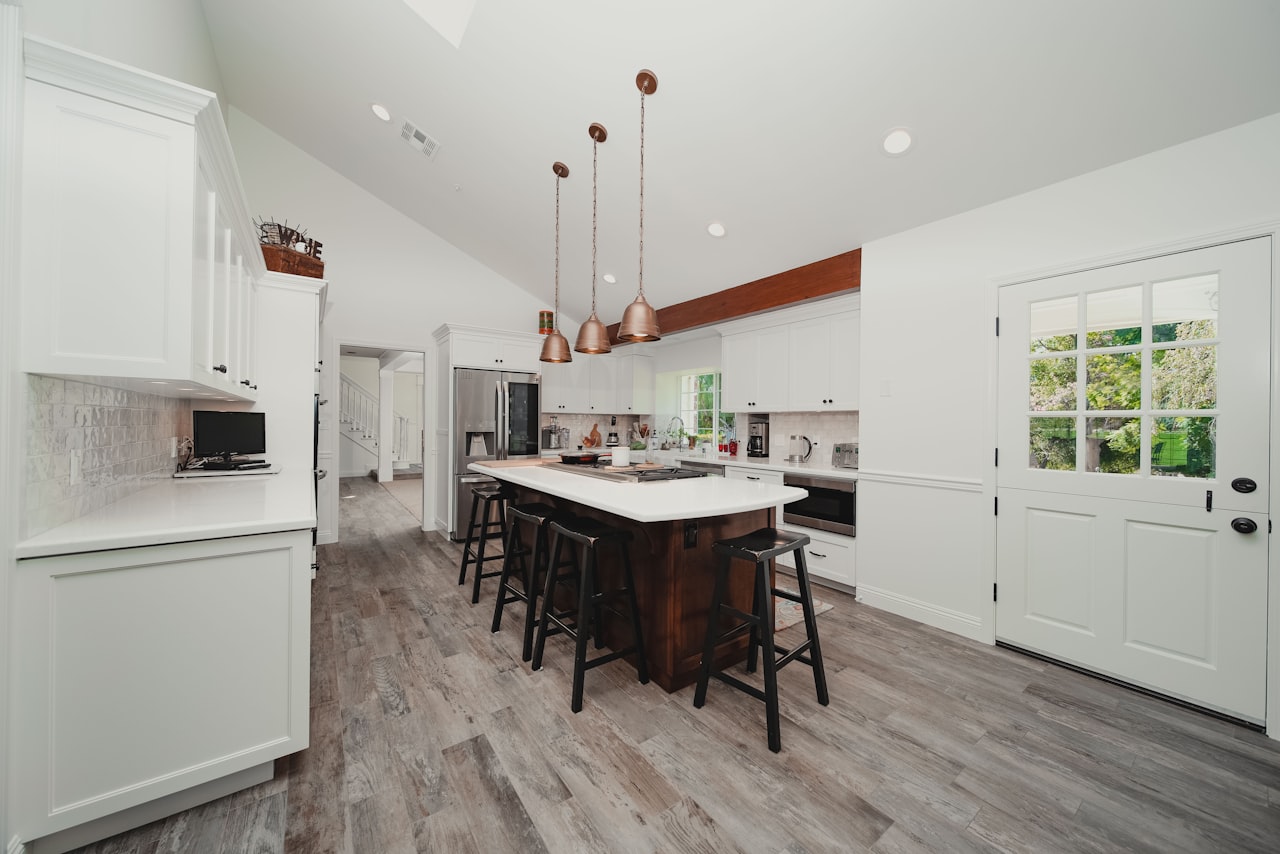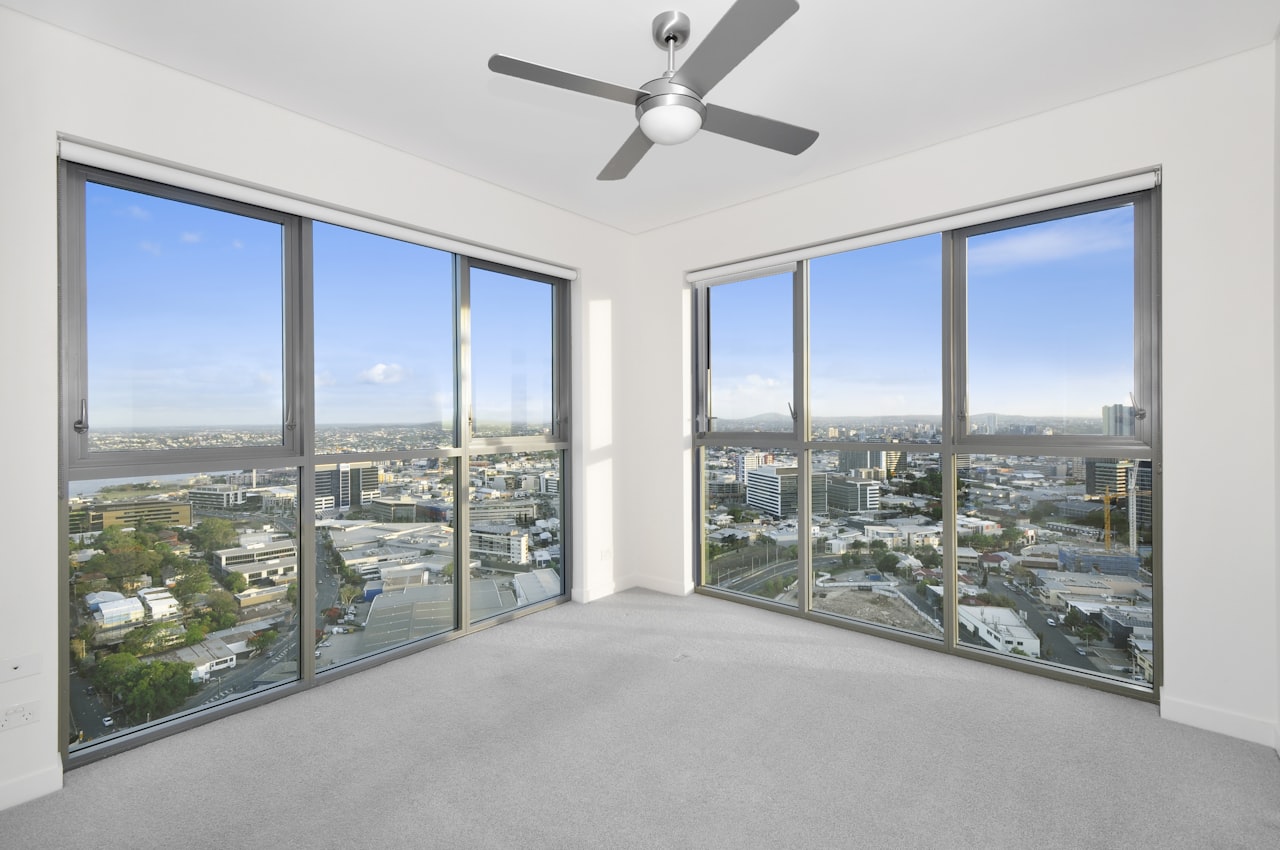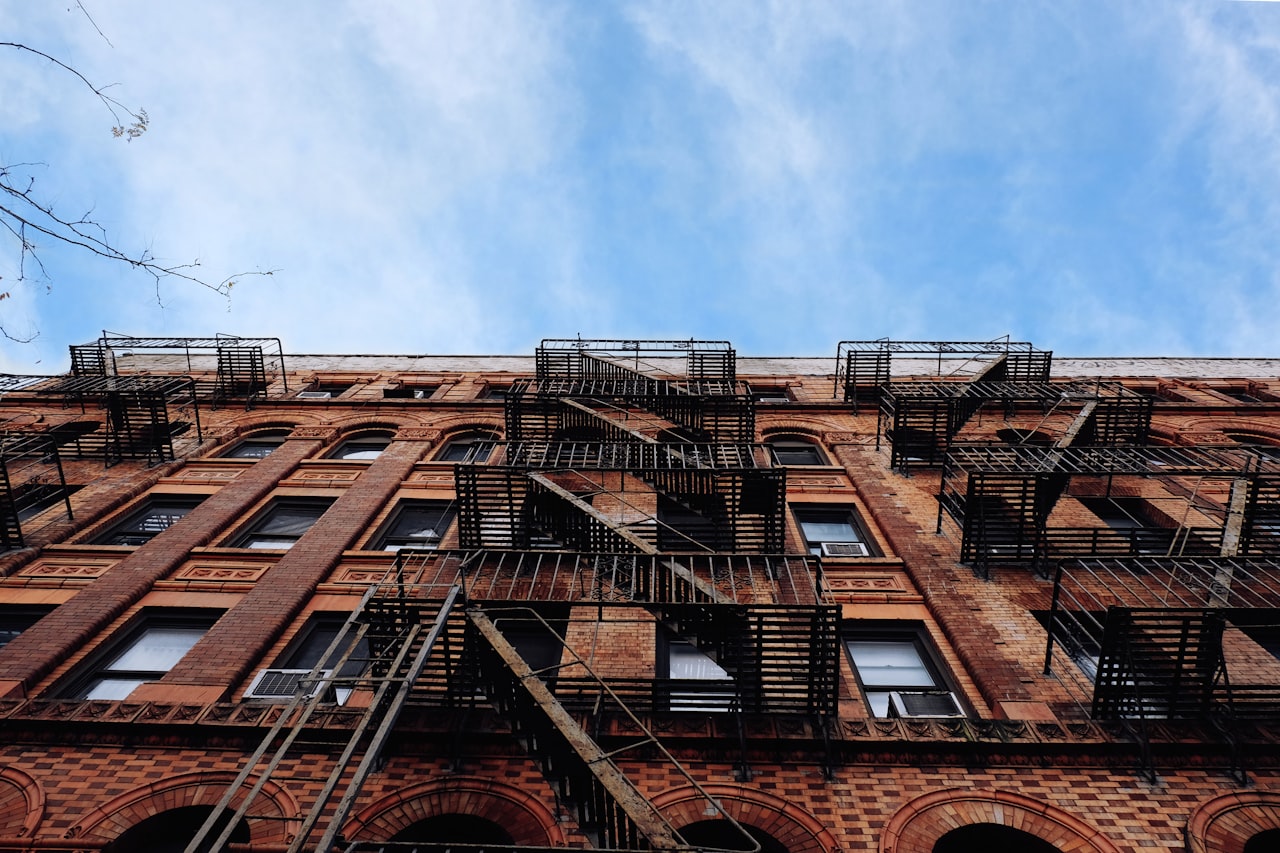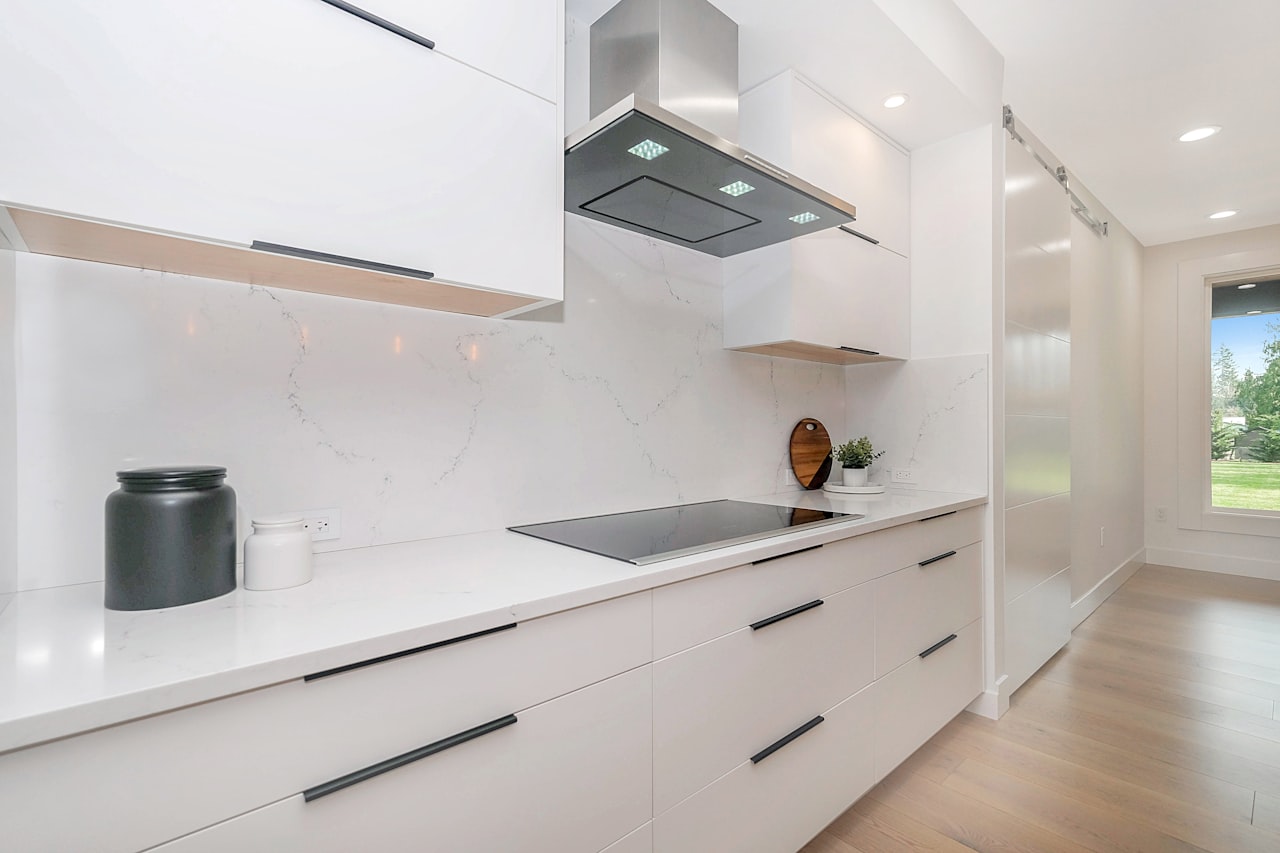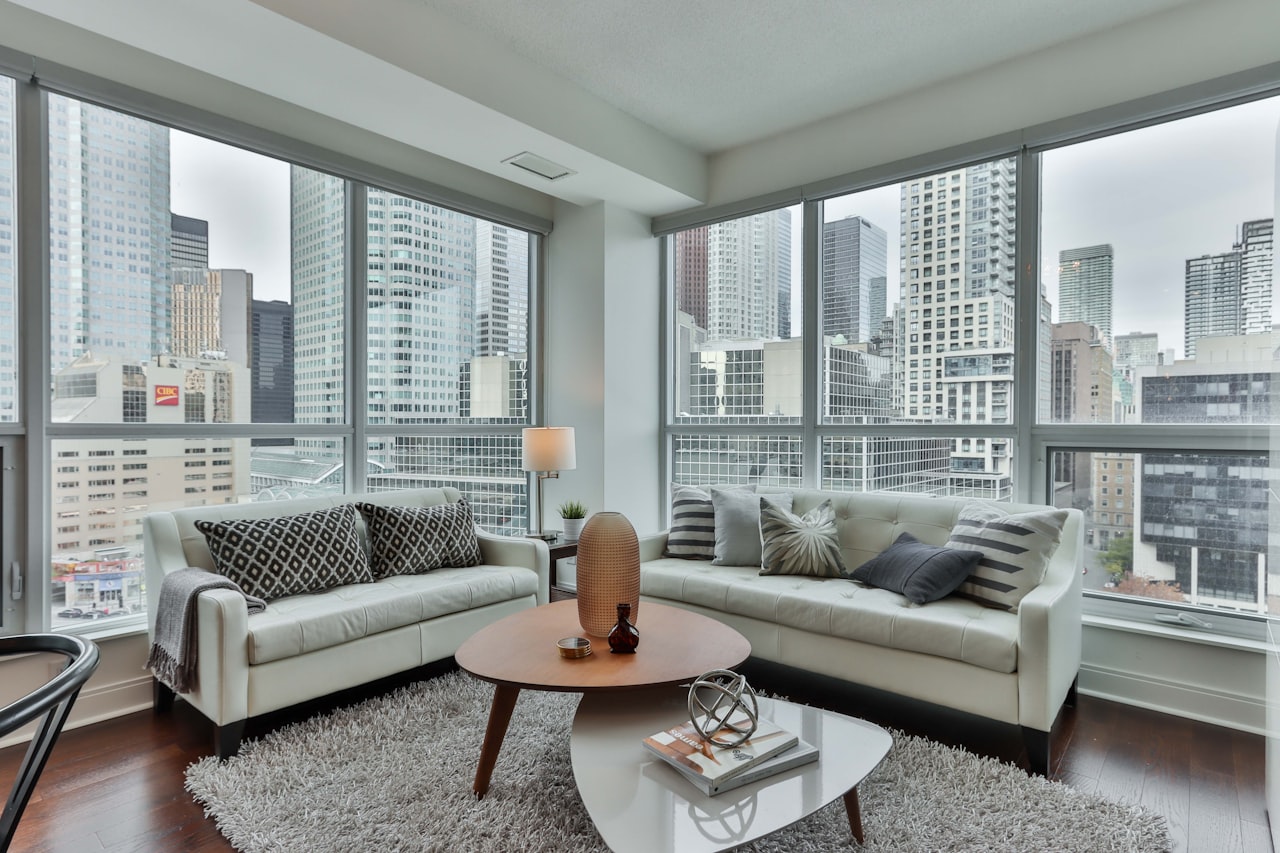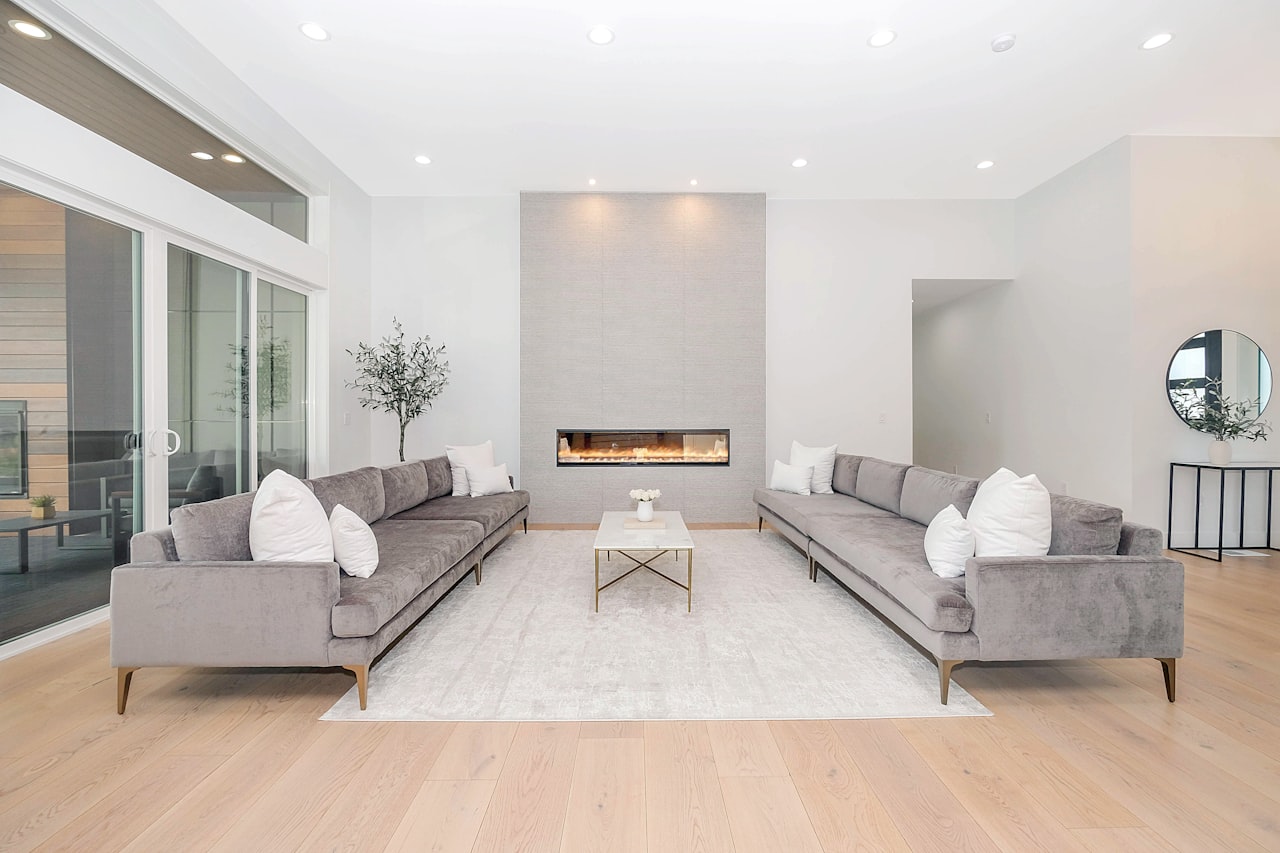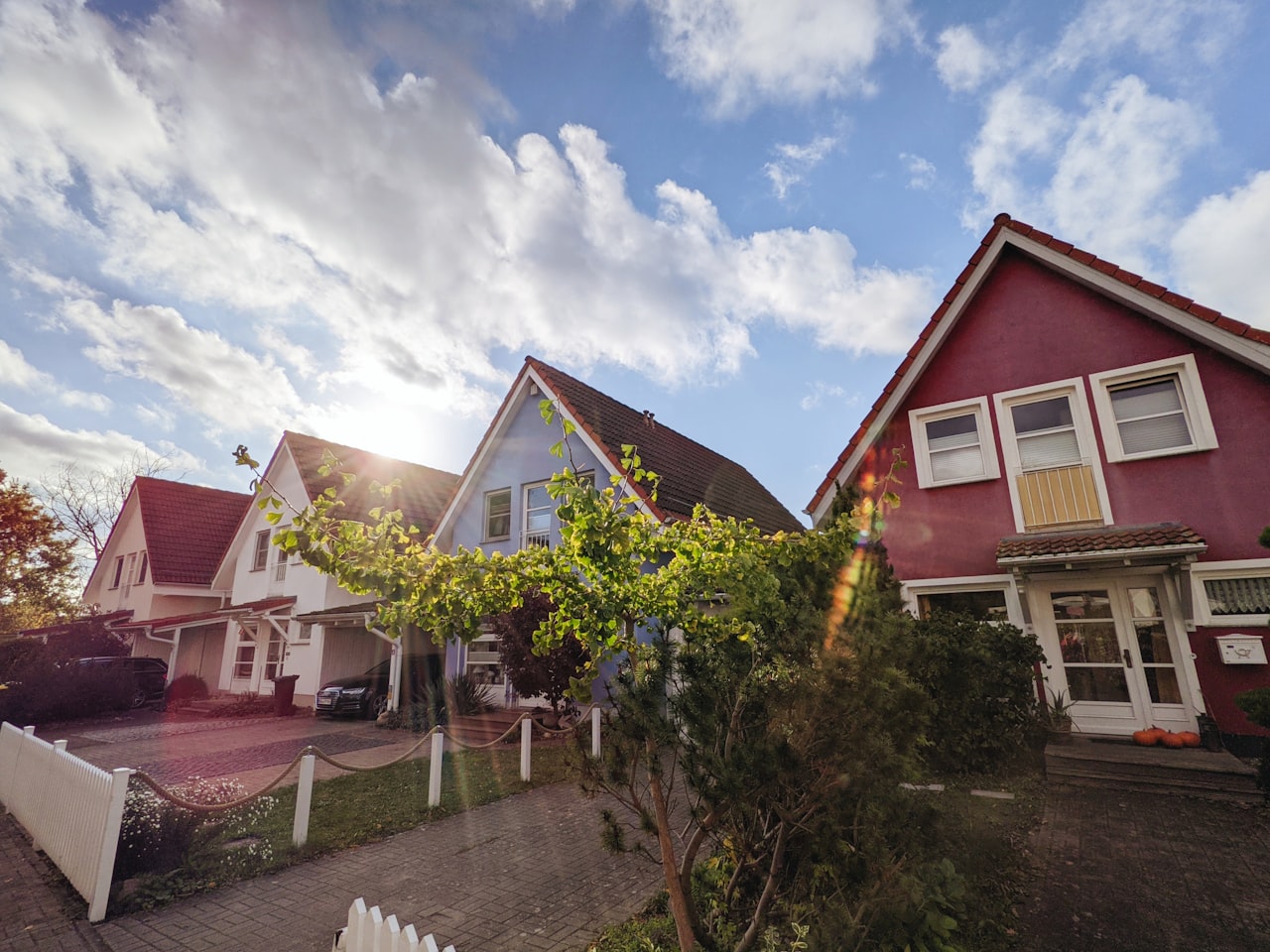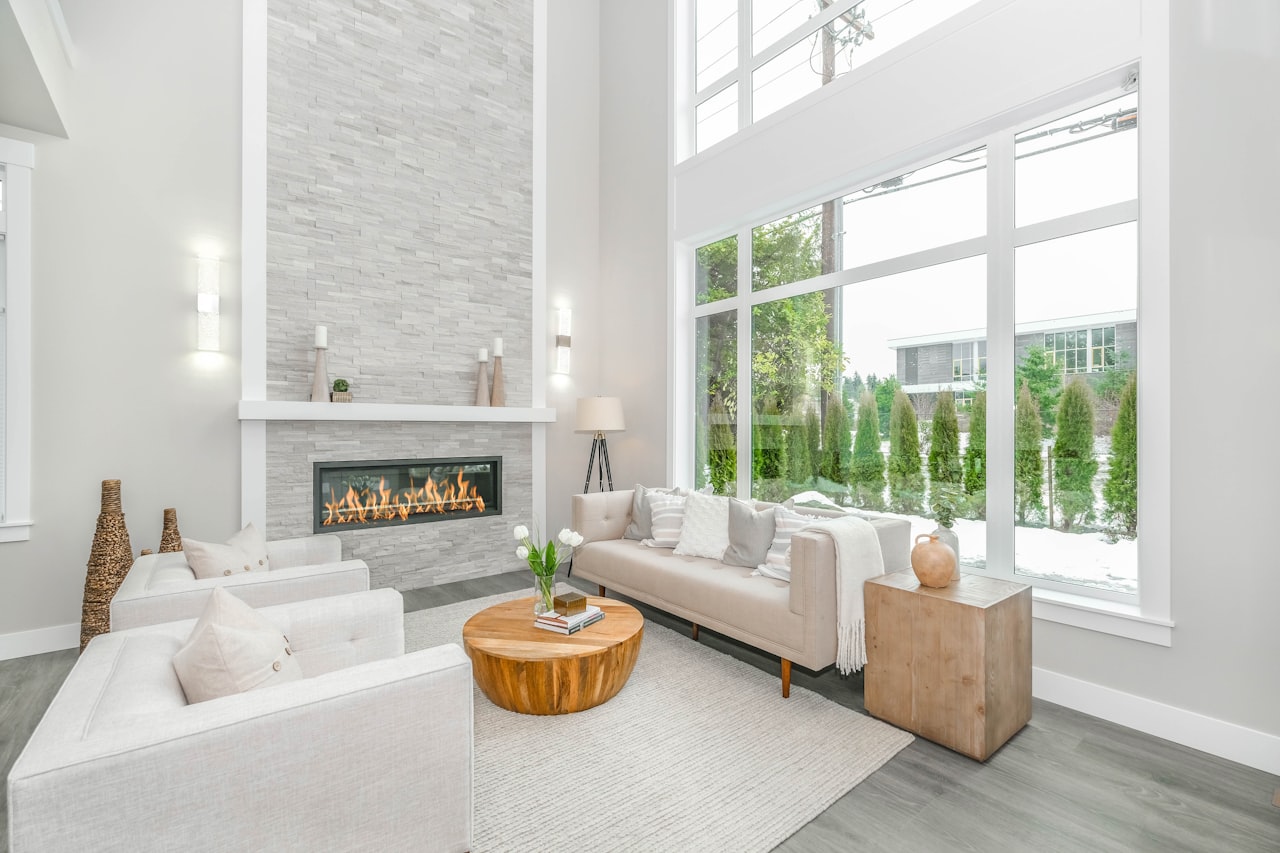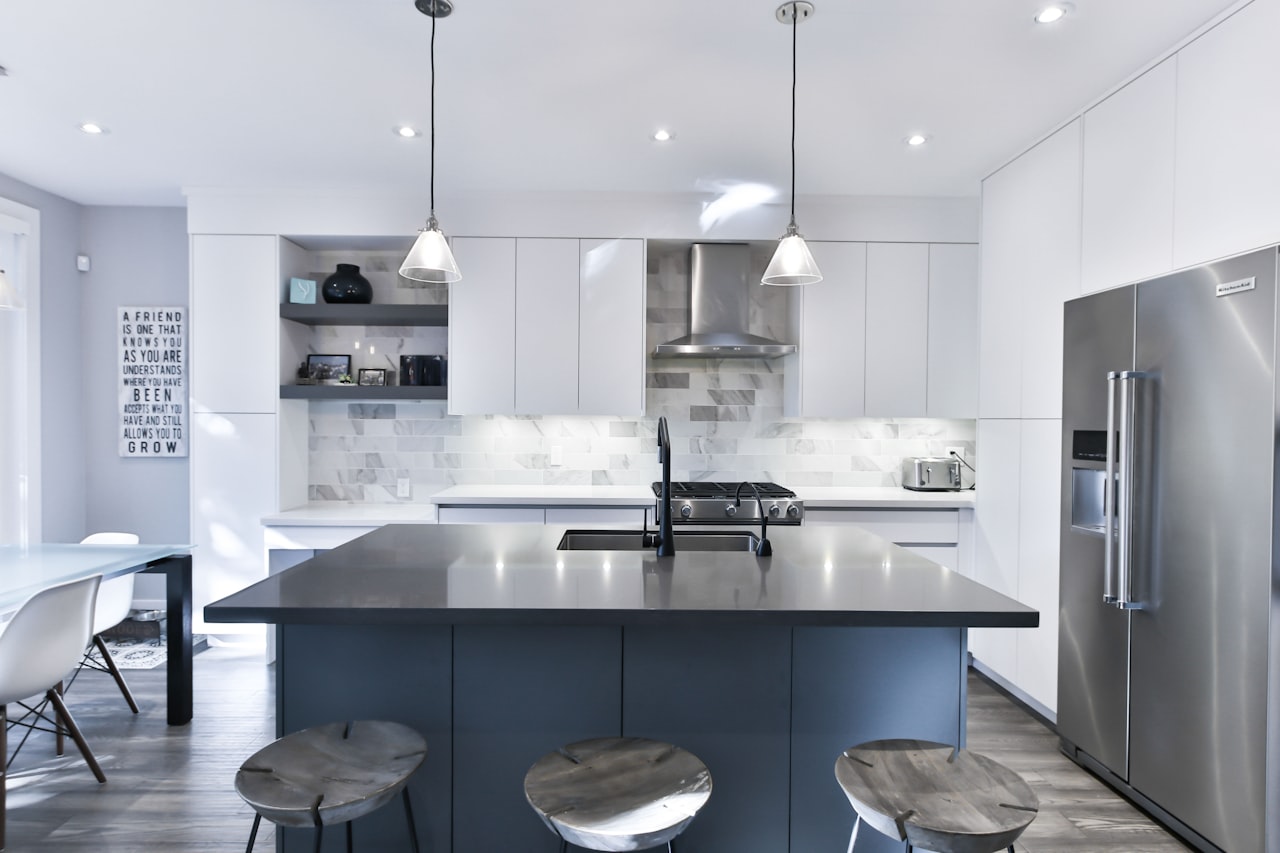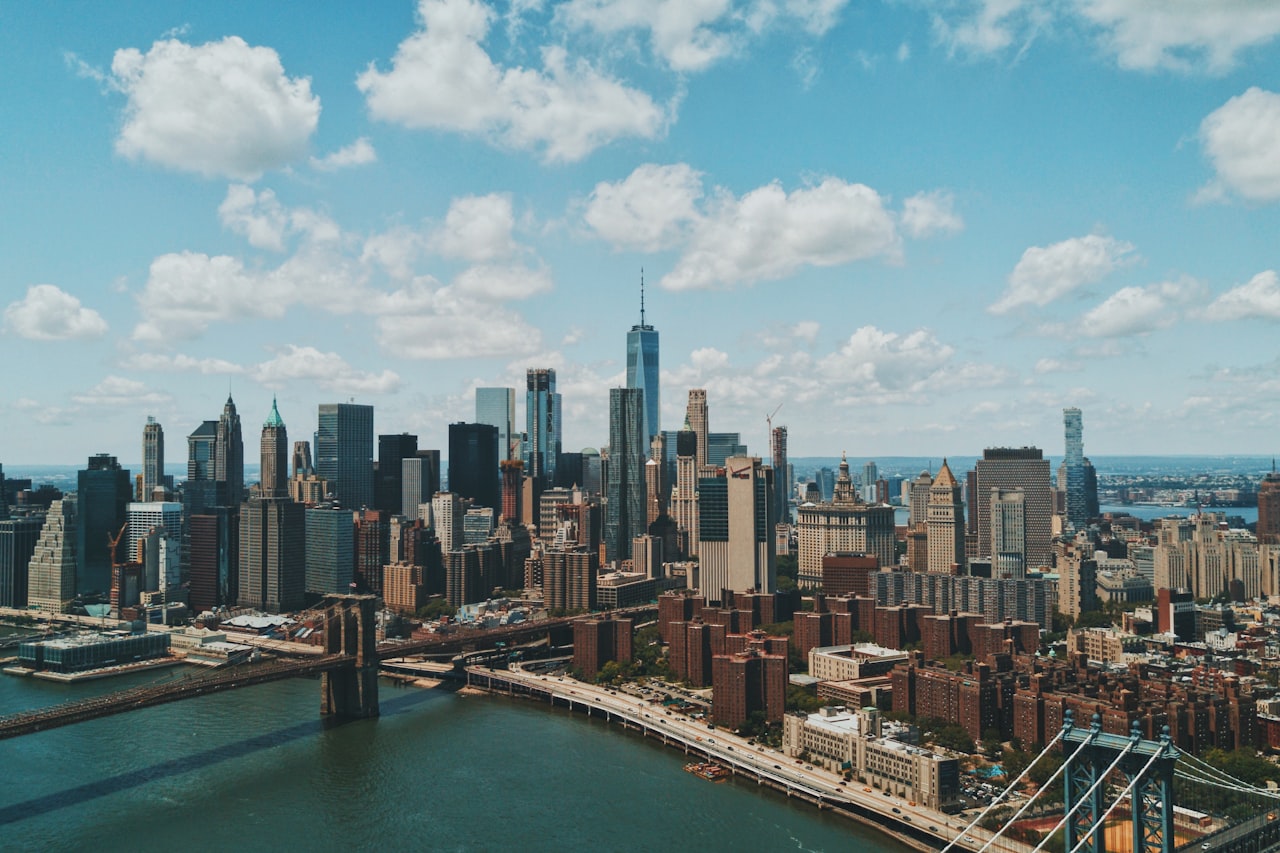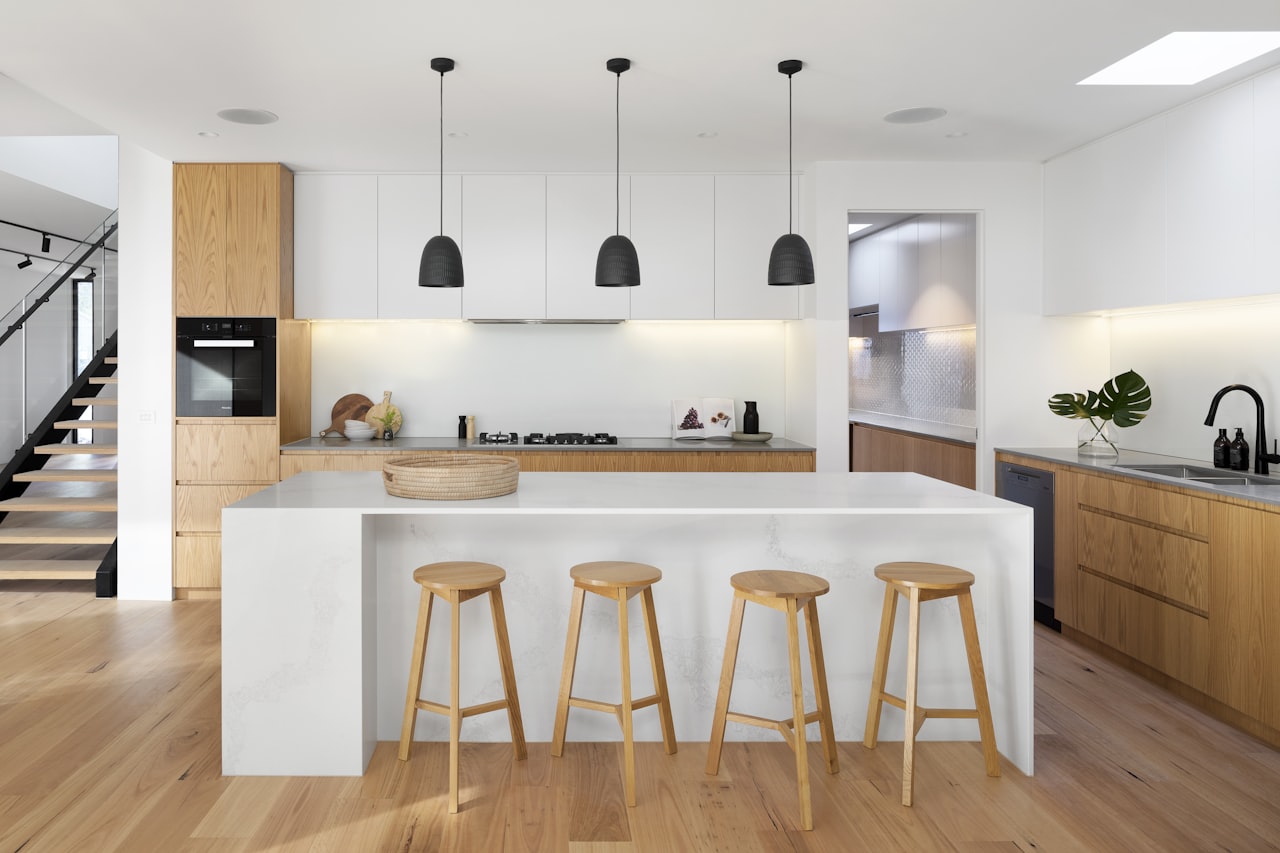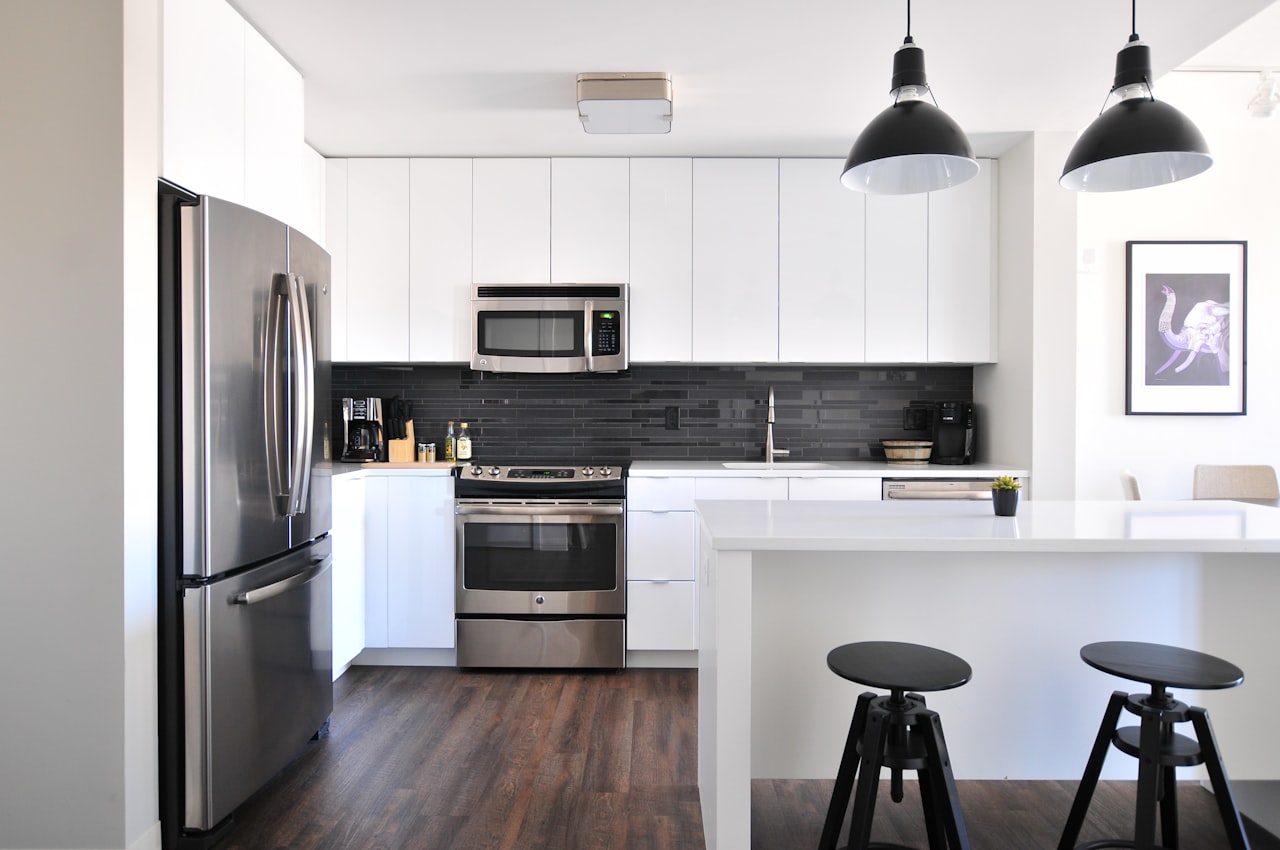There was a buying spree in Manhattan in Q1 as a cluster of factors–escalating rents, a desire for more space, and the return of pieds-a-terre buyers–created a sense of urgency. As employers call workers back to offices and international buyers return, the borough’s limited availability of supply has fueled the new sales peaks. Overall, condo and co-op sales climbed 35.7% year-over-year, a Q1 record, reaching over $7B in sales volume. Condos sales alone surged 47.3% compared to last year, driving prices up. This uptick comes when people continue to reevaluate their needs and lifestyle preferences after enduring the pandemic.
Buyers opted for larger apartments and outdoor space as working from home continues to be the norm for many. The average price-per-square-foot jumped by 16.4%, indicating that buyers were willing to pay a premium regardless of the size of their dwelling. As demand for Manhattan homes remained high, inventory stayed tight, down 17.2% compared to 2021.
Certain parts of the city were sales hotbeds. Downtown captured 29.5%, maintaining its highest market share position as its unique culture continued to attract a wealth of buyers. While interest in the Upper West Side reached record levels, recording the most transactions of any Q1ever, with 18.4% of all Manhattan apartment sales. The townhouse market also remained hot, with sales increasing 55 percent compared to Q1 2021 with a median sales price of $8.5M, a 23.2% increase year-over-year.
2022s Record Breaking Start Manhattan’s apartment market kicked off 2022 with its hottest start in over three decades. Prices last quarter remained higher than their pre-pandemic levels and the portion of bidding wars rose for the fourth quarter in a row to a four-year peak, according to Miller Samuel’s quarterly report. The greatest growth came in the luxury market, which encompasses the top 10% of condo and co-op sales. The median sales price in the section is up more than 30% year over year, to just under $6.5 million.
Luxury Market 39 contracts were signed last week in Manhattan at $4 million and above, 8 more than the previous week. Condos outsold coops 28-7 and four townhouses were sold. 19 of the 28 condo contracts were in new developments.
Mortgage Rates Interest rates and, consequently, mortgage rates rose significantly to start the year. From their historic lows at the beginning of the year, mortgage rates have now climbed by nearly 1.5% points, the most rapid increase since 1994. More than half of that rise was in March, as rates shot up from 4.09% to 4.8%. High rates generally deter homebuyers, or cause them to reduce their target price. But rising rates can spur buyers to quickly secure homes before they go even higher. This year has been a classic example.
New Development Sales of new development condos in the city just posted their strongest first quarter — and third-most-active quarter overall — since at least 2015, according to a new report from Marketproof. Developers in Manhattan, Brooklyn and Queens reported 1,178 contracts signed for sponsor units in the year’s opening months, asking a combined $2.9 billion. Buyers remained busy in March, though price increases showed signs of leveling off after months of gains. Developers inked 461 contracts worth $1.1 billion last month. The median unit sold for $1.61 million, or $1,641 per square foot. While the median unit price has risen 25 percent since March 2021, it remained relatively unchanged compared to February — a short time to infer anything approaching a trend, but a possible sign that prices are stabilizing as mortgage rates rise.
Stabilized Housing A report by the city’s Rent Guidelines Board showed rent-stabilized buildings’ net operating income fell 7.8% in 2020, the largest dip in 17 years. Profits plunged as rental income declined 3.8% year-over-year after the Rent Guidelines Board froze rents for one-year leases in the period. Owner groups warn that the withering returns show the city’s stabilized housing stock could be on the brink of “collapse” as landlords struggle for revenue to cover maintenance costs. More than just a “Covid anomaly,” the Rent Stabilization Association said, the decline in income is the byproduct of housing policy — notably the 2019 rent law that curtailed owners’ ability to raise rents to pay for improvements to apartments or buildings, leading some to forgo repairs.

























